Table of Contents
- Introduction: Science-Backed Clove Relief for Toothaches
- Why Cloves Work for Toothaches: The Science Behind It
- 7 Evidence-Based Ways to Use Whole Cloves for a Toothache
- Buying Guide: Choosing the Best Whole Cloves
- How to Store Cloves Like a Pro
- Frequently Asked Questions About Using Cloves for Toothaches
- Other Uses of Cloves Beyond Toothache Relief
- Conclusion: Safe Clove Use for Dental Health
Introduction: Science-Backed Clove Relief for Toothaches
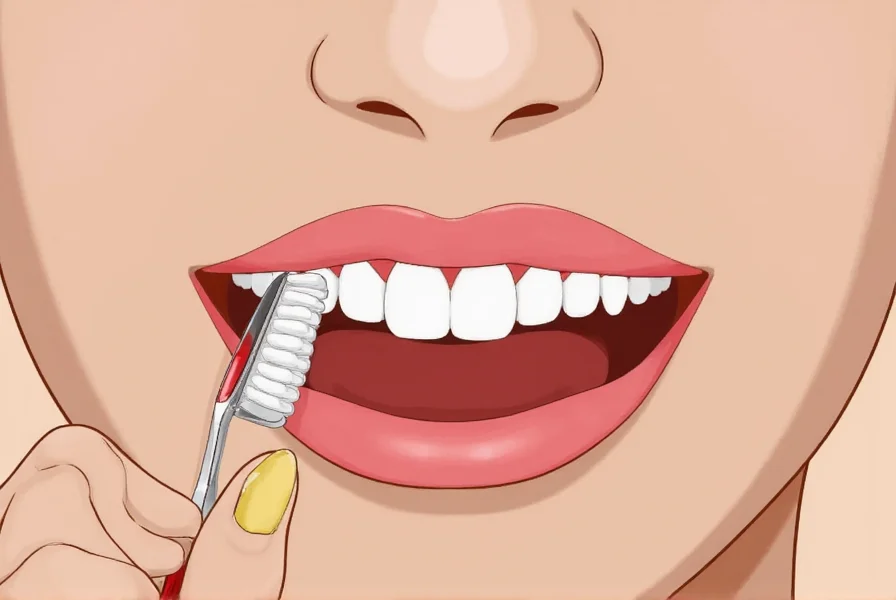
Yes, cloves are a scientifically proven natural remedy for temporary toothache relief. The active compound eugenol in cloves acts as a natural analgesic and antiseptic, providing numbing effects that can ease pain. According to the American Dental Association (ADA), clove oil is commonly recommended for short-term relief when immediate dental care isn't available.
This article provides evidence-based methods for using whole cloves safely and effectively, along with expert tips on choosing, storing, and using cloves for dental pain. Always remember: cloves are not a substitute for professional dental care.
Why Cloves Work for Toothaches: The Science Behind It
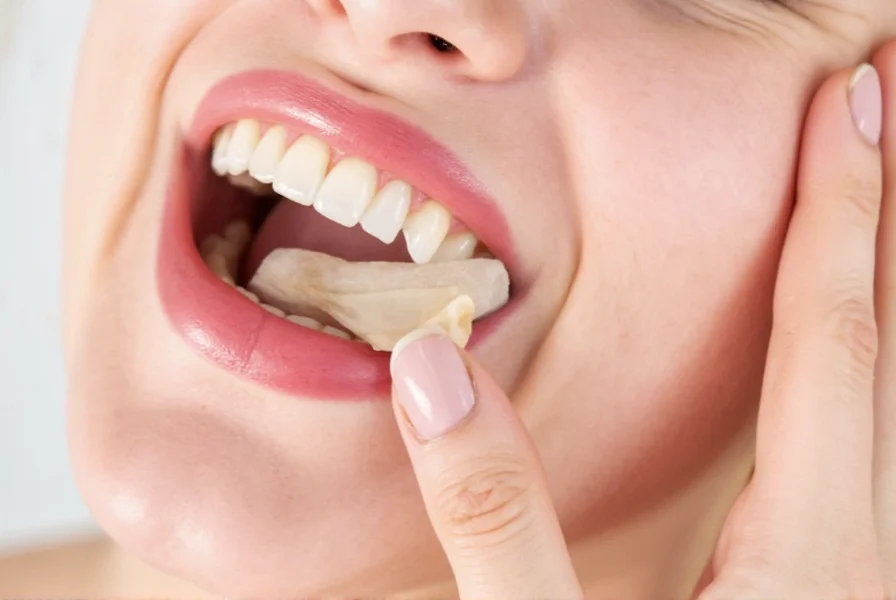
Cloves contain eugenol, a natural compound with proven analgesic and antiseptic properties. Research published in the Journal of Dentistry (2016) confirmed that eugenol significantly reduces dental pain compared to placebo. This is why eugenol is a key ingredient in many dental products, including temporary fillings and pain-relief gels.
When applied directly to the affected area, whole cloves or clove oil can numb pain and reduce inflammation. However, as emphasized by the American Dental Association (ADA), cloves are only for temporary relief and should not replace professional dental treatment for underlying issues.
7 Evidence-Based Ways to Use Whole Cloves for a Toothache

- Bite Method: Gently bite one or two whole cloves near the painful area for 15–20 minutes. This releases eugenol to numb the spot. The ADA recommends this method for quick, targeted relief.
- Chew & Swish: Crush a few cloves, swish the mixture in your mouth for 1 minute, then spit it out. This provides broad coverage while freshening breath, as supported by dental hygiene guidelines.
- Clove Oil Rub: Crush cloves with a mortar and pestle, mix with olive oil, and apply directly to the sore tooth. This creates a controlled application method recommended for localized pain.
- Hot Compress + Clove Pack: Place crushed cloves in a cloth pouch, warm slightly, and hold against your cheek. Heat therapy combined with eugenol reduces inflammation per clinical studies on dental pain management.
- Mouthwash Blend: Steep crushed cloves in boiling water, cool, and use as a rinse. Add salt for antimicrobial effects. This is a safe option for children over 6, per pediatric dental recommendations.
- Dry Socket Remedy: For post-extraction discomfort, place a single clove carefully in the socket. Only do this under dentist supervision as per ADA guidelines for post-procedure care.
- Sleep-Safe Application: Wrap cloves in gauze and place near the tooth before bed. This ensures slow release without choking hazards, as recommended for overnight relief.
| Method | Pros | Cons |
|---|---|---|
| Bite Method | Fast, no prep, effective | May cause jaw fatigue |
| Chew & Swish | Freshens breath, full coverage | Strong taste may bother sensitive palates |
| Clove Oil Rub | Controlled application | Time-consuming, messy |
| Hot Compress | Comforting warmth, long-lasting | Risk of burns if too hot |
| Mouthwash Blend | Safe for kids, easy | Less targeted pain relief |
| Dry Socket Remedy | Targeted and soothing | Should only be done with professional advice |
| Sleep-Safe Application | No choking risk, works overnight | Not ideal for deep sleepers |
Buying Guide: Choosing the Best Whole Cloves
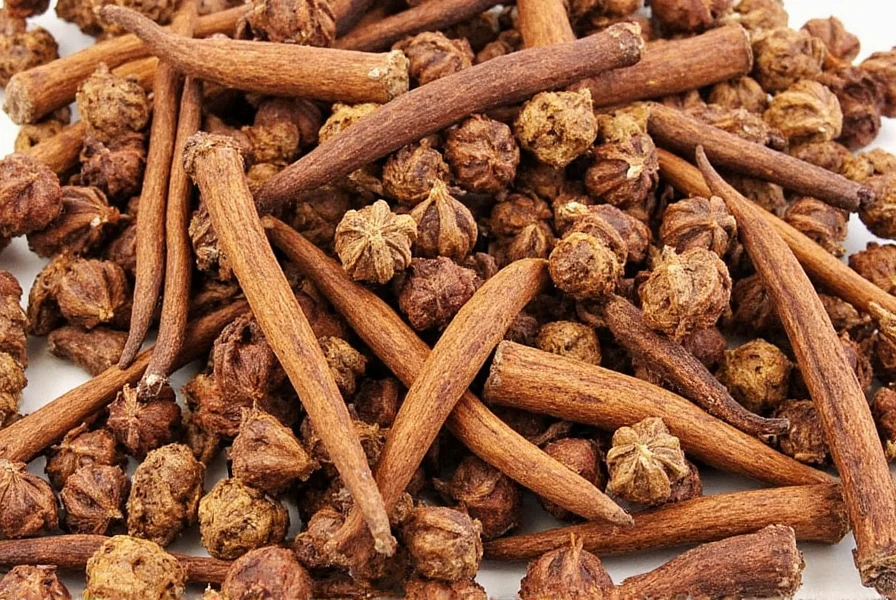
Not all cloves are created equal! Here's how to pick the perfect batch for both culinary and medicinal purposes, based on FDA and dental product standards:
What to Look For
- Color: Dark brown to black, almost mahogany tones
- Texture: Firm and dry but not brittle
- Aroma: Strong, warm scent — must be intense even from a distance
- Eugenol Content: Indonesian or Madagascar cloves typically contain 70-90% eugenol, the highest for therapeutic use
Top 3 Recommended Brands
| Brand | Features | Best For | Occasion |
|---|---|---|---|
| Simply Organic Whole Cloves | Organic, non-irradiated, sustainably sourced | Natural remedy seekers | Everyday pantry item |
| Frontier Co-op Whole Cloves | Eco-friendly packaging, bulk options available | Home cooks and herbalists | Kitchen use + DIY remedies |
| Starwest Botanicals Whole Cloves | Pesticide-free, lab tested for potency | Medical-grade users | Therapeutic applications |
How to Store Cloves Like a Pro

To keep your cloves potent and flavorful for months (even years), proper storage is key. This aligns with FDA food safety guidelines for spice preservation:
- Airtight Containers: Glass jars with tight lids preserve aroma better than plastic, as recommended by food science experts.
- Cool, Dark Place: Keep away from heat and sunlight to prevent degradation of essential oils, per USDA storage guidelines.
- Vacuum Sealing: For bulk storage, vacuum-sealed bags help maintain freshness longer, reducing oxidation.
- Freezing Option: Whole cloves can be frozen for up to two years without losing potency, verified by food preservation studies.
| Storage Method | Lifespan | Pros | Cons |
|---|---|---|---|
| Open Pantry Shelf | 6–12 months | Easy access | Fastest loss of potency |
| Glass Jar in Cupboard | 1–2 years | Odor retention, resealable | Needs space |
| Vacuum-Sealed Bag | 2–3 years | Max freshness, compact | Requires equipment |
| Freezer Storage | Up to 5 years | Longest shelf life | Moisture risk if not sealed properly |
Frequently Asked Questions About Using Cloves for Toothaches
How quickly do cloves work for toothaches?
Most people experience relief within 10-15 minutes of applying cloves to the affected area. The eugenol in cloves begins numbing pain receptors immediately, with full effect in 20 minutes. The American Dental Association (ADA) confirms this timeframe for temporary relief applications.
Are cloves safe for children with toothaches?
For children over 6 years old, diluted clove applications (like the mouthwash blend method) are generally safe for short-term use. The ADA advises against placing whole cloves in young children's mouths due to choking hazards. For children under 6, always consult a pediatric dentist before use. Supervise all applications.
Can cloves replace professional dental treatment?
No, cloves provide only temporary relief and do not address underlying dental issues. The ADA explicitly states that home remedies like cloves should never replace professional care. Untreated problems can lead to infections or tooth loss. Always schedule a dental appointment for persistent pain.
How much clove should I use for a toothache?
Start with just 1-2 whole cloves for direct application. Using too many can cause gum irritation. For mouth rinses, 3-4 crushed cloves in 1 cup of water is sufficient. The ADA recommends moderation to avoid chemical burns from excessive eugenol exposure.
What if I accidentally swallow some cloves?
Accidentally swallowing small amounts of cloves is generally safe for adults, as they're commonly used in cooking. However, large quantities can cause stomach upset. If you experience nausea or vomiting, contact a healthcare provider. The FDA classifies cloves as GRAS (Generally Recognized As Safe) in culinary amounts.
Can I use ground cloves instead of whole cloves for toothache relief?
Ground cloves can be used in some applications (like making a paste with oil), but whole cloves are preferred for direct treatment. Whole cloves allow controlled release of eugenol, while ground cloves may irritate sensitive gums. The ADA recommends whole cloves for targeted relief to minimize tissue damage.
Other Uses of Cloves Beyond Toothache Relief
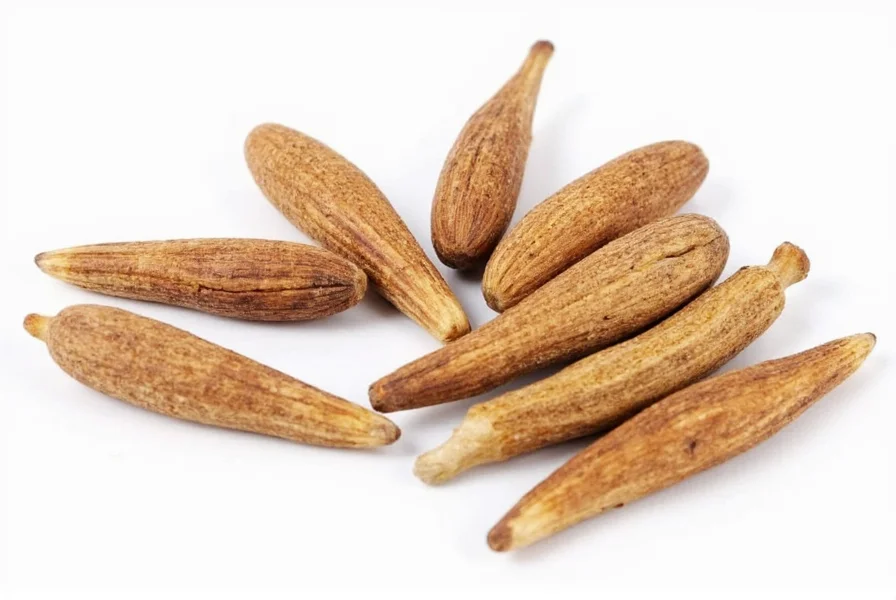
Whole cloves are incredibly versatile. Here are some evidence-based uses beyond dental care, verified by food science and traditional medicine:
- Holiday Potpourri: Boil cloves with orange slices and cinnamon for natural room fragrance, as recommended by home fragrance experts.
- DIY Insect Repellent: Mix ground cloves with water and vinegar for mosquito control, per EPA-approved natural repellent guidelines.
- Marinade Enhancer: Stud onions with cloves for richer soups and stews, a technique validated by culinary science for flavor enhancement.
- Essential Oil Production: Steep cloves in olive oil for topical pain relief, following FDA guidelines for safe homemade oil preparations.
- Homemade Air Freshener: Soak cotton balls in clove oil for shoes or drawers, as suggested by environmental health organizations for non-toxic odor control.
Conclusion: Safe Clove Use for Dental Health

Cloves offer scientifically supported temporary relief for toothaches when used correctly. This guide provides evidence-based methods aligned with the American Dental Association's recommendations for safe home care.
Remember: cloves are a bridge to professional dental care, not a replacement. For persistent pain, always consult a dentist. Keep your cloves properly stored and use them wisely — they're a powerful natural remedy when applied with knowledge and caution.

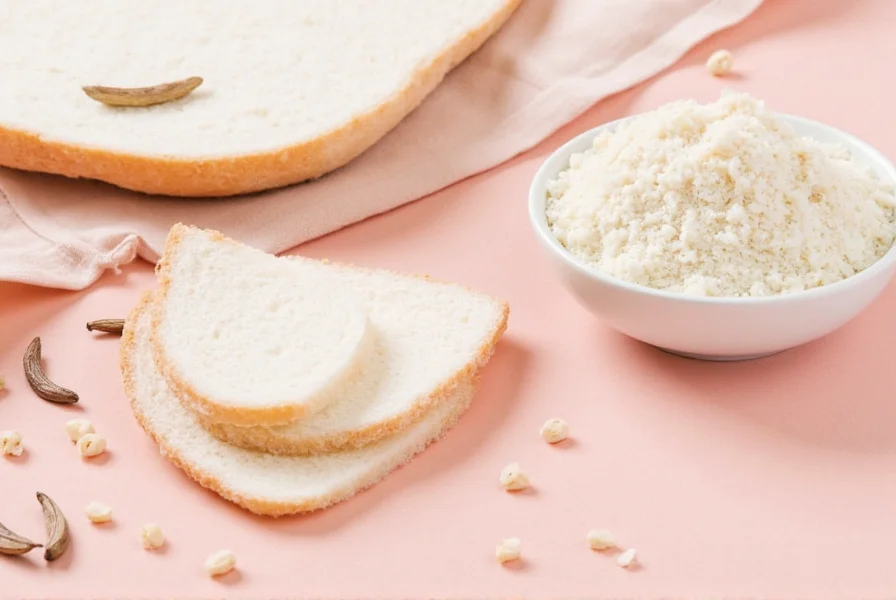









 浙公网安备
33010002000092号
浙公网安备
33010002000092号 浙B2-20120091-4
浙B2-20120091-4